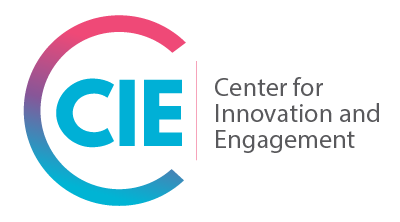Summary
The Bilingual/Bicultural Care Team includes three Latino providers: an HIV primary care provider, peer educator, and RWHAP case manager. This team provides comprehensive culturally and linguistically appropriate HIV primary care and services to Hispanic/Latino people with HIV who speak Spanish as their primary language.
Implementation Resources
Intervention Outcomes
Outcomes from the intervention conducted in Kansas City, MO include:
- Client appointments increased from a mean of 2.81 visits per year to 5.30 visits per year
- Clients who met treatment guideline criteria for antiretroviral therapy experienced a 31.5% increase in viral suppression
Intervention Components
- Assess Staff Resources
- Secure Stakeholder Buy-in
- Engage and Work with Community/Service Partners
- Recruit Bilingual and Bicultural Staff
- Train Staff and Facilitate Knowledge Exchange
- Engage and Retain Latino people with HIV
Cost Analysis
Total Annual Costs: $330,621.90
Avg. Cost Per Client: $3,884.44
Avg. Personnel Cost Per Client: $2,200
Challenges and Solutions
|
Challenge |
Solution |
|---|---|
|
Limited Provider Availability |
Hire bilingual and bicultural providers who are available ≥ 3 days per week. |
|
Meeting Client’s Behavioral Health Care Needs |
Budget to include a bilingual, bicultural mental health care provider on the team or partner with local providers. |
|
Client Eligibility |
Use copayment assistance programs, a sliding payment scale, or discounts to serve people who are ineligible for RWHAP services. |
|
Contacting Clients |
Develop a data sharing agreement with your local health department so you can cross-check their records for clients’ contact information. |
|
Timely Receipt of Lab Reports |
An in-house lab and phlebotomist can increase processing time. |
Supplementary Resources
Publications
- Impact of a bilingual/bicultural care team on HIV-related health outcomes. For intervention materials, contact Maithe Enriquez ([email protected]), University of Missouri, S327 Sinclair School of Nursing, Columbia, MO 65211

